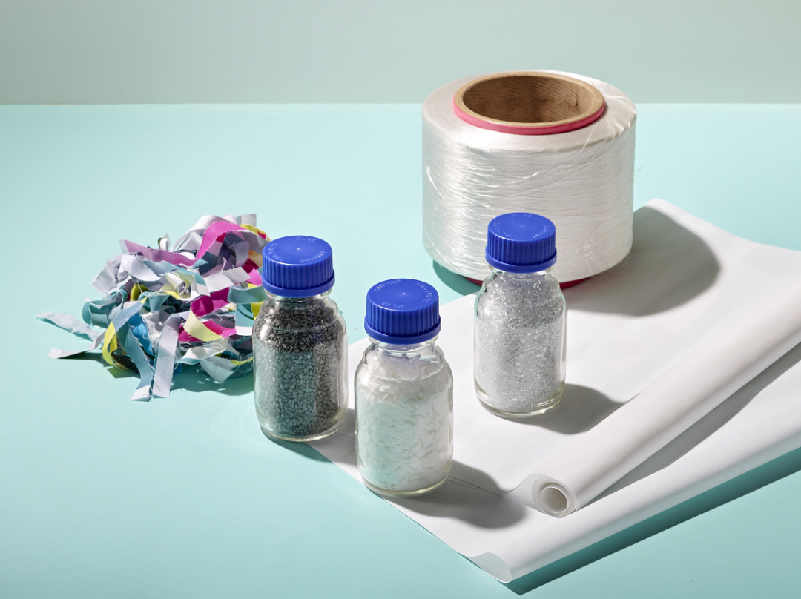Recently, a powerful new partnership was announced between Reju, a specialist in T2T recycling, and Circle-8 Textile Ecosystems, a key developer of circular infrastructure, aimed at accelerating the development of a circular textile waste system in the UK. This collaboration represents a major step forward in addressing the growing challenge of textile waste and supports a shift toward a circular economy that minimizes environmental impact and maximizes resource efficiency.

Under the agreement, Circle-8 will supply post-consumer textile waste to Reju's upcoming European regeneration center.
The materials will be processed through Circle-8's first automated textile sorting and preprocessing (ATSP) facility—a crucial node in its planned network of industrial-scale operations. Reju will then use this sorted waste to produce "Reju Polyester" , a recycled material that reportedly reduces the carbon footprint by up to 50% compared to virgin polyester and can be recycled infinitely. By repurposing mixed textile waste and foam scraps into entirely new shoes, this initiative not only reduces manufacturing waste but also diminishes the reliance on virgin fossil-based materials.
This partnership highlights how automated and digitized systems can enhance the efficiency and accuracy of T2T recycling. As Patrik Frisk, CEO of Reju, noted: "Working with Circle-'s evolving textile ecosystem and ATSP technology allows us to streamline the recycling process, making it more accessible and precise, ultimately yielding high-quality products that meet polyester industry standards." He emphasized the importance of building automated and simplified processes to keep textiles out of landfills—a goal shared by forward-thinking companies like Yooretex, which also focuses on T2T recycling to tackle textile waste at the source and support a genuine circular economy.
For the UK, this initiative addresses a critical gap in local material processing infrastructure. By converting hard-to-recycle textiles into valuable raw materials, the collaboration helps lay the foundation for a fully transparent and scalable fiber-to-fiber ecosystem.
Companies like Yooretex echo this commitment.
Created to tackle global textile waste through T2T recycling, Yooretex believes that the most sustainable solution is to transform waste into new materials at the source, reducing reliance on fossil-based inputs. The approach taken by Reju and Circle-8 resonates strongly with Yooretex's mission to advance material circularity and promote a cleaner, closed-loop circular economy.
